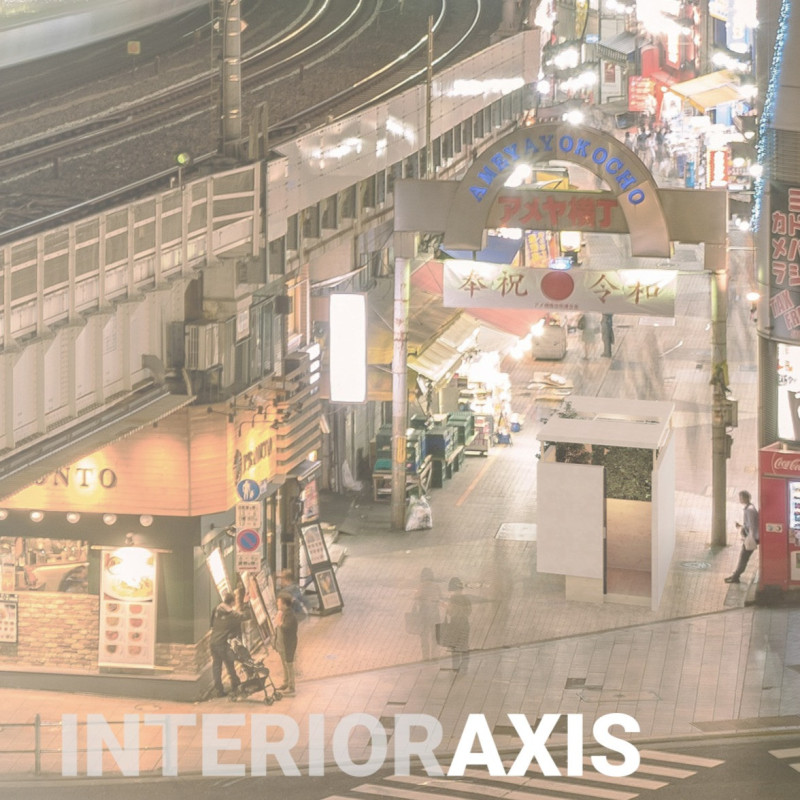5 key facts about this project
The architectural proposal for meditation cabins in Tokyo offers a quiet space amongst the lively city environment. Inspired by the Shinto Torii gate, the design creates a meaningful shift from the everyday to a space meant for thought and reflection. These cabins aim to support users in finding peace in a fast-paced urban setting.
Structural Components
The cabins consist of a few key structural parts. There are back and front double board wooden panels that outline the space, giving it framework and support. A mirror wall enhances the feeling of openness inside, making the space seem larger. Along with a wooden platform and a curved wooden bench, the cabins are designed to be comfortable for meditation.
Spatial Dynamics
A floating wooden roof allows for fresh air and natural light to enter the cabins. This feature helps maintain a sense of connection with the outside world while avoiding a cramped feeling inside. In addition, a side panel with a rolling curtain provides privacy and can be adjusted according to the user's preferences, allowing for both openness and seclusion as needed.
Natural Elements
Inside the cabins, there is a partitioning wooden planter that holds climbing plants. This addition showcases a connection to nature amid urban life. It creates a small "green axis" that adds color and life to the interior. A semi-translucent rolling curtain allows light to break through, fostering a soft and calm environment for reflection.
Materiality
The choice of materials is practical and effective. Wooden panels feature throughout the design, used in the structure and the bench. Stainless steel is also incorporated for the partitioning mesh, which supports climbing plants and contrasts with the warm wood. The combination of these materials plays a vital role in the cabin's inviting atmosphere, encouraging users to pause and reflect.
The arrangement of the mirror wall connects the inside to the outside world, allowing views to merge. The climbing plants enhance the experience, creating a sense of growth and vibrancy within the tranquil space.


















































